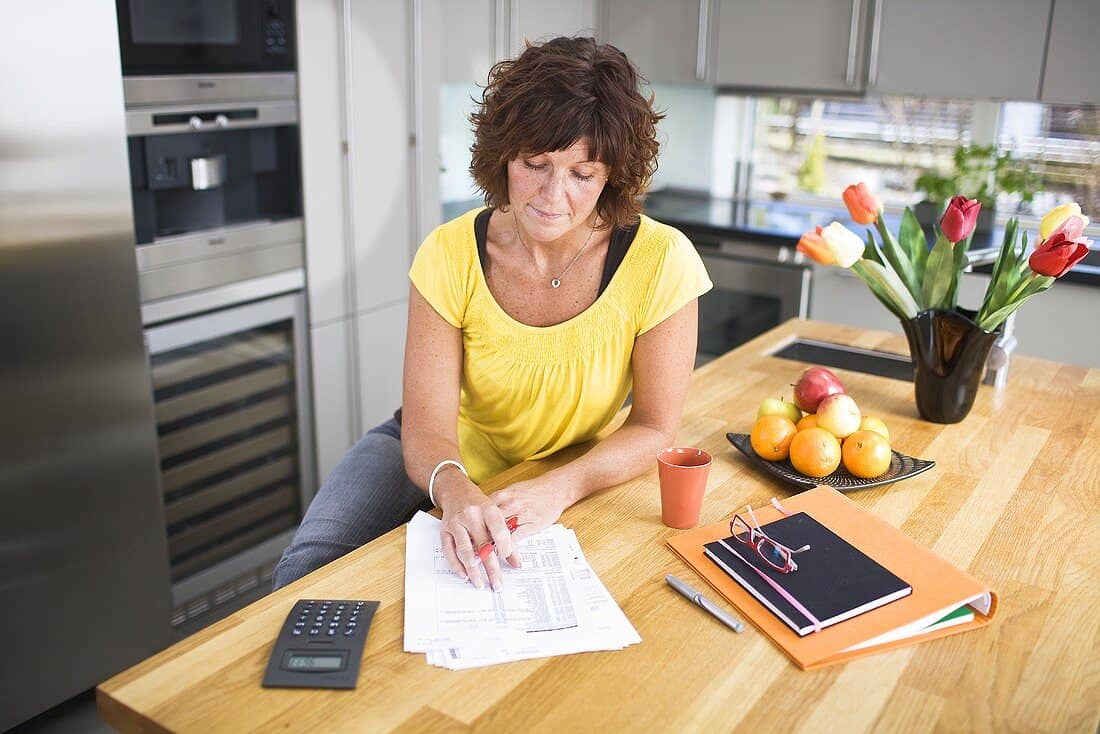When you think of green energy as a business owner, what comes to mind? Is it using wind turbines? Is it major businesses, such as companies on a global scale, expecting a solar farm return on investment? How about those who have the power to negotiate what type of power they want to use for their business, such as hydro power?
Overall, there is a leeway to choose what type of power (or even power company) you want if you run a massive and profitable business. Typically, the little guy doesn’t really get this option most of the time.
Actually, a lot of regular residents and homeowners tend not to get this option either. But if you can and are able, it’s always a good idea to try and do what you can. So, with that said, more and more small businesses are finally getting the option (and can afford it) to make the switch to using renewable energy.
The benefits of going green aren’t just about saving the planet (although that’s a pretty great perk). It’s also about saving money, building a brand that customers love, and future-proofing your business. So, if you’re a small business owner who’s been sitting on the fence, wondering how to make the leap to green energy, this is the push you need. With all of that said, let’s dive into how you can finally make that shift and why it’s the best decision you’ll make this year.
But What Is Green Energy?
Alright, so just above in the intro, it was all about why large businesses are able to easily afford to swap to green energy, but it’s best to just go ahead and cover what it actually is. Green energy refers to energy that comes from natural sources like the sun, wind, and water—basically, the stuff that’s not going to run out anytime soon. Unlike fossil fuels, which are dirty, polluting, and running out fast, green energy is renewable and much kinder to the planet.
Why Does It Matter for Small Businesses?
For small businesses, green energy means lower operational costs in the long run. Yes, there’s an upfront investment, but it’s like buying a really good coffee machine—it pays off over time. Plus, your customers are increasingly looking for companies that care about the environment.
Like the solar farm example mentioned above, major companies will buy those as they expect a return on their investment in the long run. The same goes for homeowners who buy solar panels for the top of their houses; it’s about getting something in return in the long run. So, by going green, you’re not just keeping up with the Joneses; you’re staying ahead of the curve.
The Perks of Going Green for Small Businesses
So, the usual return on investment was briefly mentioned above, as you should ultimately save on energy costs, but let’s go ahead and go a bit deeper on this, as there are several other major benefits, too.
Financial Benefits
Needless to say, as a business owner, you most likely need a little incentive to make big changes, right? So, first off, there’s the financial side of things. Sure, solar panels or wind turbines might seem expensive at first, but think of them as the gift that keeps on giving. Once they’re up and running, your energy bills will drop faster than you can say “renewable energy.” And with energy prices only going up, locking in your costs now could be a smart move.
Boosting Your Brand
Then there’s the brand value. You really have to keep in mind that today’s consumers are more eco-conscious than ever. They’re willing to pay more for products and services from businesses that are doing their part to protect the planet. By switching to green energy, you’re not just reducing your carbon footprint—you’re making a statement. You’re telling your customers that you care about more than just profit, and that’s something that resonates in a big way.
Future-Proofing Your Business
Finally, let’s not forget about the future. It’s so important to keep in mind that the world is changing, and businesses that don’t adapt will be left behind. Governments are rolling out stricter regulations on carbon emissions, and those who don’t comply could face hefty fines. So, just by making the switch now, you’re not only complying with current regulations but also preparing for future ones.
Where Can Small Businesses Start?
To a degree, smaller businesses don’t have the resources to make massive changes, but that’s totally fine because, yes, there are still some ways that you can get started on making the switch to green energy.
Assess Your Energy Usage
All right, so the first step is to assess your energy usage. Ideally, you’ll want to get a clear picture of where your energy is going and how much you’re using. This will help you figure out which type of green energy is best for your business. For example, if you’re in a sunny area, solar power might be the way to go. If you’re in a windy location, wind power could be your best bet.
Explore Your Options
Once you’ve got a handle on your energy usage, it’s time to explore your options. There are plenty of ways to go green, from installing solar panels on your roof to investing in a wind turbine. But if that sounds like a lot (and to a degree, yes, it is a lot) don’t worry—there are also green energy providers who can do the hard work for you.
These companies offer green energy plans, where they supply your electricity from renewable sources. All you have to do is sign up, and they’ll handle the rest. If you’re renting from a building, you might not be able to have this option; just keep that in mind.
Community Solar Programs
Another option is to look into community solar programs. It’s still a bit of a newer concept and not available everywhere either. So, these are great for small businesses that don’t have the space or budget for their own solar panels. Essentially, you buy a share in a local solar farm, and the energy it produces goes toward offsetting your electricity usage. It’s an easy, low-cost way to dip your toes into the green energy pool.
What Can You Expect From Overcoming the Obstacles of Obtaining Green Energy
While large businesses will have a fairly easy time overcoming the obstacles, small businesses will most likely struggle. So, what might be some of the issues, though?
Tackling the Initial Costs
One of the biggest hurdles is the initial cost. Solar panels and wind turbines aren’t cheap, and for a small business, that upfront investment can seem way too much to manage. But before you write off the idea, consider this: there are plenty of incentives and rebates available to help offset the cost. Governments and local authorities often offer financial support to businesses going green, and there are also tax breaks and grants that can make the transition easier on your wallet.
Ensuring Reliability
Then there’s the issue of reliability. What happens on cloudy days or when the wind isn’t blowing? The key here is to combine different forms of green energy or to stay connected to the grid as a backup. You can also invest in energy storage solutions, like batteries, that store excess energy for use when production is low.
Managing the Learning Curve
Finally, there’s the learning curve. Green energy might seem complicated at first, but it’s like anything new—it gets easier the more you learn. Start small, do your research, and don’t be afraid to ask for help. There are plenty of experts out there who can guide you through the process, from choosing the right equipment to navigating permits and regulations. It’s still a fairly new concept, too.
How Going Green Impacts More Than Just Your Business
If you think about it, there’s already a ripple effect worldwide: the planet is getting worse, there’s climate change, consumers demand changes, and businesses start focusing more on making those changes (and the consumer changes, too, of course).
Basically, there’s this domino effect, and it’s only getting bigger and bigger, and the expectation of being eco-friendly is also growing more too. So it’s going to get to the point anyway where businesses (and residents) basically have no choice but to use green energy.
Setting an Example
When you make the switch to green energy, you’re doing more than just lowering your electricity bill. You’re setting an example for others to follow. Your employees will see that you’re committed to making a positive impact, and this can boost morale and loyalty. Your customers will appreciate your efforts to protect the environment, and this can lead to increased sales and customer loyalty.
Driving Demand for Green Energy
But the ripple effect goes beyond just your business. By choosing green energy, you’re helping to create demand for renewable energy sources, which in turn drives innovation and makes green energy more accessible and affordable for everyone. You’re also contributing to a healthier planet, which benefits everyone—now and in the future.







